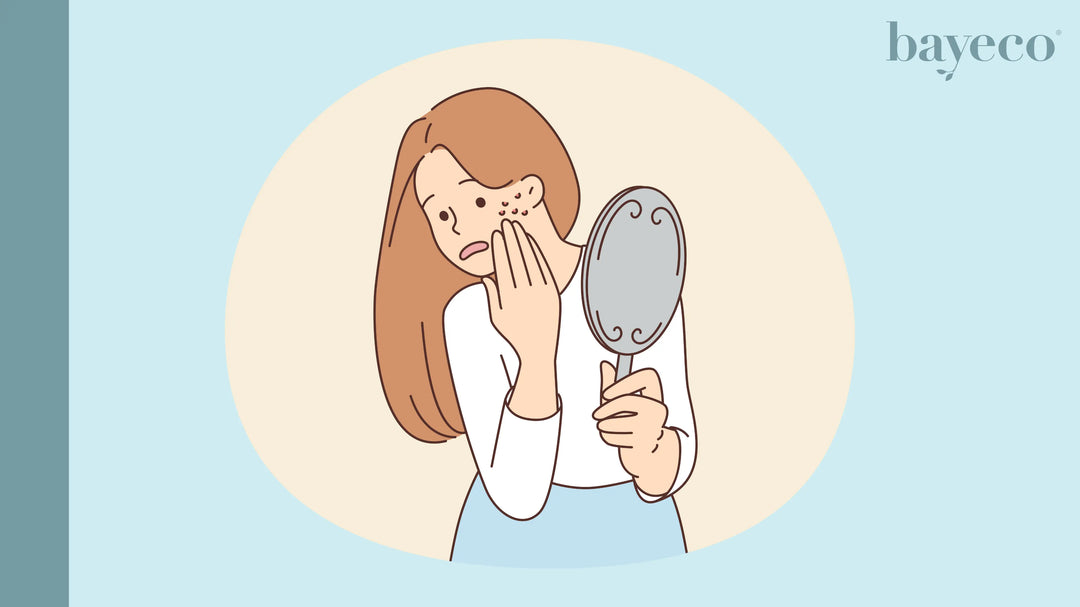Is Green Tea Effective On Skin?

I like drinking green tea.
I drink it EVERYDAY.
My parents drink it everyday.
My mum is 82 years old and she looks like she’s in her 60s.
Her favourite exercise is Zumba and walking.
Since the lockdown, she hasn’t been able to go to the gym. She told me that her latest craze is Korean Zumba.
She exercises at home with her virtual Korean team on You tube every morning.
So here’s this woman that exercises a minimum of 2 hours a day and she’s 82 years young!
She’s always been like that.
And she’s always drank tea.
When I looked into studies on green tea.
I was blown away at the number of studies I found on it.
Literally thousands. All published in medical journals.
Here’s some facts about green tea.
Green tea is often in fat burning supplement because, according to research, green tea can increase fat burning and boost metabolic rate.1
Green tea can help you wind down after a long day. It contains the amino acid L-Theanine (γ-glutamylethylamide), which promotes relaxation of the nervous system.
Studies show that green tea may improve heart disease by improving total cholesterol and LDL (bad) cholesterol levels. 2
So what does this have to do with green tea on skin?
The reason why green tea is a truly remarkable ingredient is because of it’s antioxidant called catechins.
This one antioxidant protects the cells in the body. When you apply green tea on the skin, the antioxidant works the same way to protect the skin in preventing cell damage.
80% of skin damage is caused by UV exposure. By applying an antioxidant over the skin, it’s protecting it from UV radiation and giving it a chance to recover.
And this means is that your skin can rejuvenate quicker, become brighter and have a younger appearance.
That’s why this is one of our “hero” ingredients in our formula.
It’s like a tool we can use everyday to keep our skin from ageing.
Chris x
References:
1. Diepvens K, et al. Obesity and thermogenesis related to the consumption of caffeine, ephedrine, capsaicin, and green tea. American Journal of Physiology 2007: Vol 292(1): 77-85.
2. Hartley L, et al. Green and black tea for the primary prevention of cardiovascular disease. Cochrane Database of Systematic Reviews. 18 June 2013.





Leave a comment